CHIP has a robust COVID-19 research agenda, from the landmark first publication in January 2020 establishing pandemic transmissibility, to disease forecasting, participatory surveillance, and reimagining health IT for biosurveillance.
The Boston Children's Hospital Computational Health Informatics Program (CHIP) is a multidisciplinary applied research and education program. One area of focus is disease surveillance of the COVID-19 pandemic. Our faculty have built machine learning programs using predictive algorithms to forecast COVID-19 outbreaks.
Projects

CHIP investigators developed the world’s first estimate for transmissibility of COVID-19 in 2020.

CHIP faculty were able to get a real-world measure of COVID-19 vaccine effectiveness. Our faculty conducted the largest study yet to quantify the impact of the COVID-19 vaccine outside the rigorous confines of a randomized, blinded clinical trial aimed at measuring effectiveness for regulators. The study has been featured in The New York Times, Bloomberg, and Fortune.
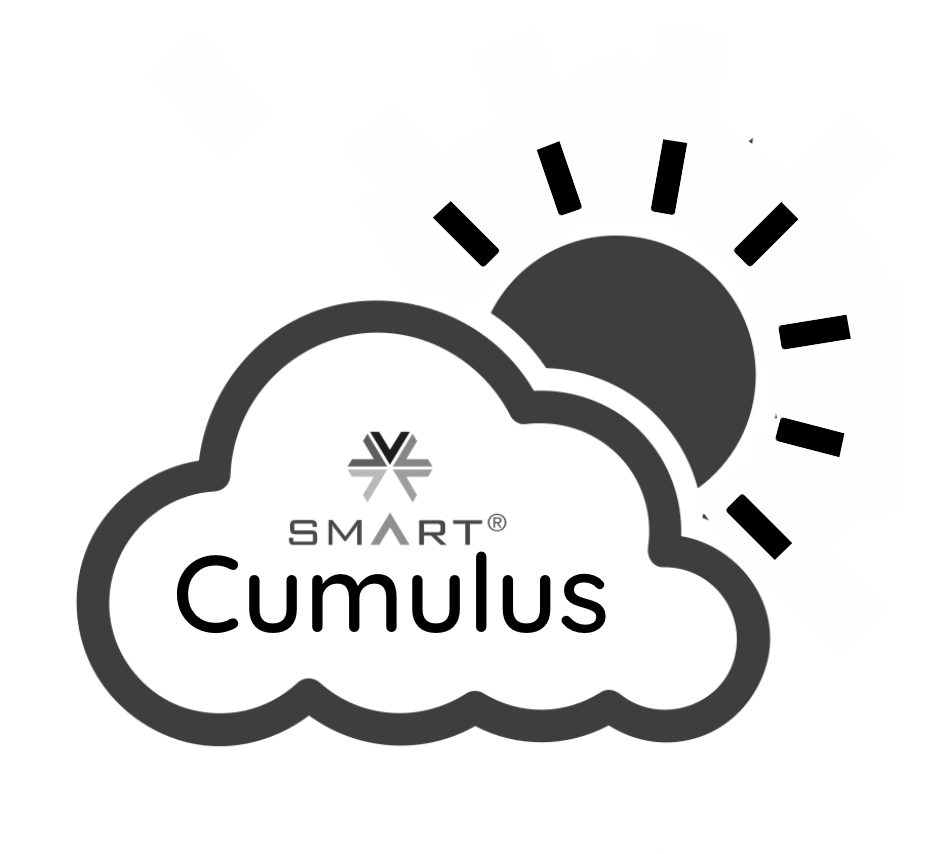
Cumulus is a federally funded project to leverage to use cloud-hosted electronic health record “side cars” leveraging regulated open standards APIs to enable federation of data across all sites of care. By 2016, CHIP had implemented one of the world’s first HIPAA compliant cloud instances. AWS, Microsoft and Google have all implemented CHIP’s SMART/FHIR APIs in their products.

VaccineFinder is a free, online service where users can search for locations that offer vaccinations. We work with partners such as clinics, pharmacies, and health departments to provide accurate and up-to-date information about vaccination services. VaccineFinder is a collaboration with Google and the Centers for Disease Control and Prevention (CDC). Apple updated Apple Maps with COVID-19 vaccination locations from VaccineFinder. Facebook has partnered with VaccineFinder to connect users to COVID-19 vaccines. Amazon's Alexa is powered by data from VaccineFinder. VaccineFinder has been featured in The Wall Street Journal, USA Today, Washington Post, Fox Business, CNN, Forbes, NBC, CNBC, The New York Times, Becker's Health IT, and Fortune.

COVID Near You is a disease detection tool that uses crowdsourced data to visually map reports so that the general population can be informed about when COVID is in their areas.
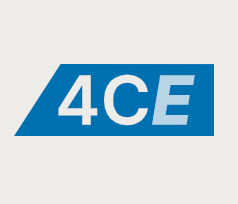
4CE is an international consortium for electronic health record data-driven studies of the COVID-19 pandemic. The goal of this effort—led by the i2b2 international academics users group—is to inform doctors, epidemiologists and the public about COVID-19 patients with data acquired through the health care process.
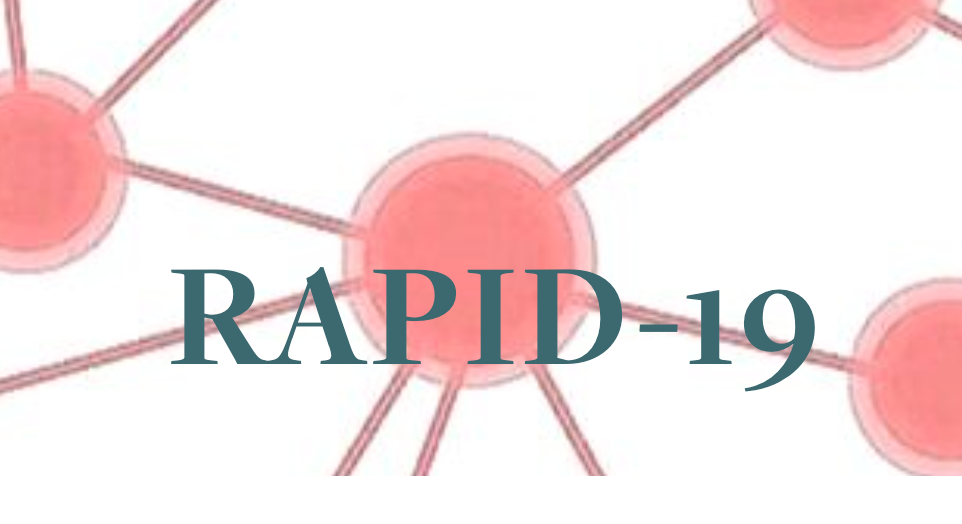
Repository of Aggregated Pediatric International Data on COVID-19 (RAPID-19) is a platform that offers an integrated database and analytics hub to enable the secure sharing of existing de-identified patient-level data and promote the standardization of new data collection. The goal is to support multi-national observational studies on disease trajectory and clinical care delivery for pediatric patients with COVID-19.
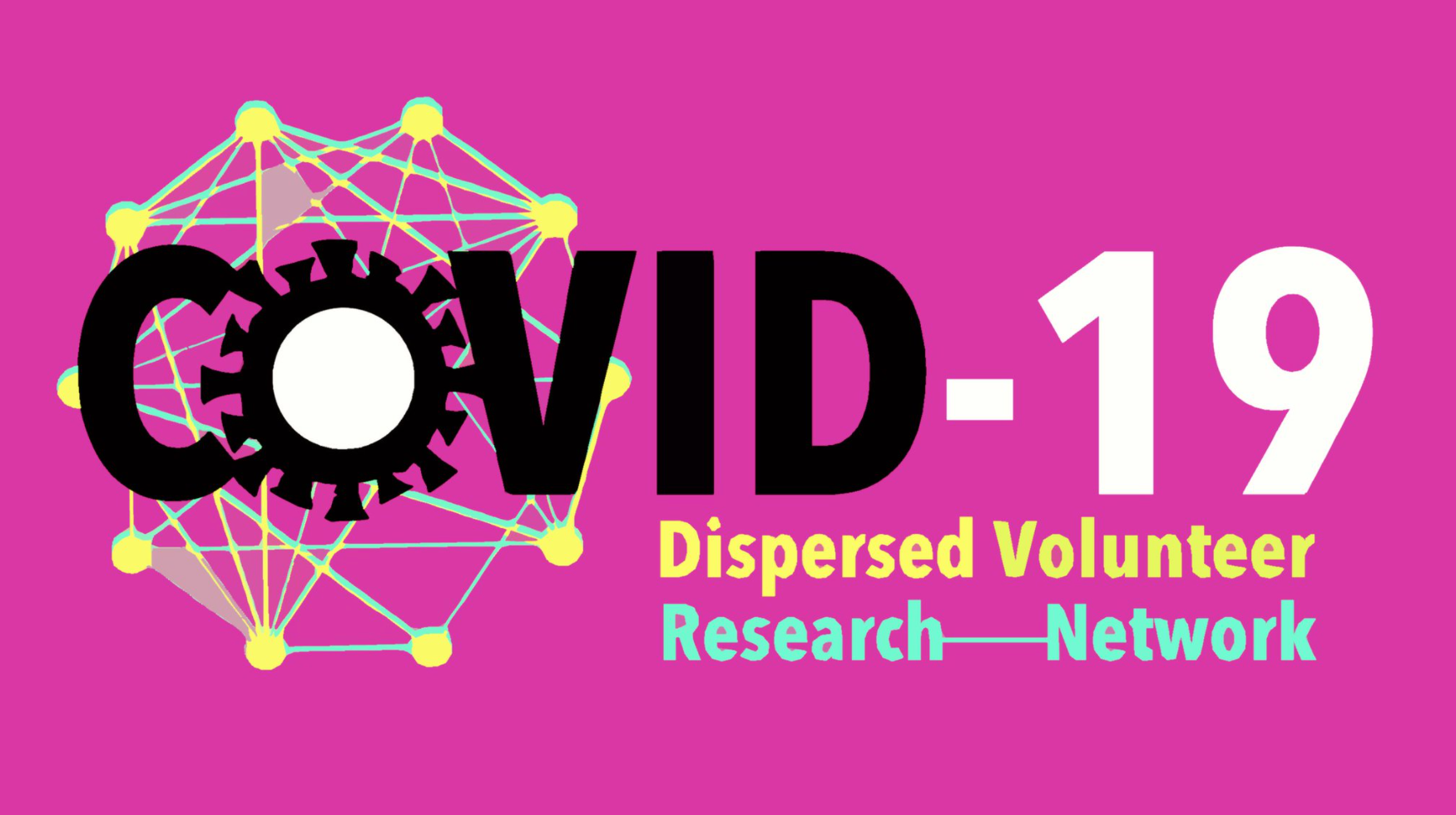
The COVID-19 Dispersed Volunteer Research Network is a group of interdisciplinary researchers across various networks collaborating on COVID-19 research activities.

The goal of the CARRA COVID-19 Global Pediatric Rheumatology Database project is the large-scale surveillance of SARS-CoV-2 infection and COVID-19 illness for all types of pediatric rheumatic disease, including inflammatory brain diseases and primary autoimmune eye disease. To address this emerging area and provide better insight into the impact and opportunities to improve care for this population, we rapidly launched this project in collaboration with investigators working on a similar surveillance effort for the adult rheumatic diseases population (COVID-19 Global Rheumatology Database) and with EULAR/PReS, who are spearheading the same efforts in Europe. The development and ongoing operations of this project will provide a valuable resource to more rapidly ascertain the presentation, natural history, outcomes and other relevant data regarding serious COVID-19 infection in individuals with pediatric rheumatic diseases in order to allow for data driven medical care and treatment decisions.

Influenza and COVID-19 pose major risks to our health and wellbeing. We've created a system that allows citizen scientists, like you, across North America to securely and anonymously self-report symptoms. And since our users generally report before they see a healthcare provider, we can see trends and the spread before local and national public health agencies. Outbreaks Near Me has been featured in The Wall Street Journal.
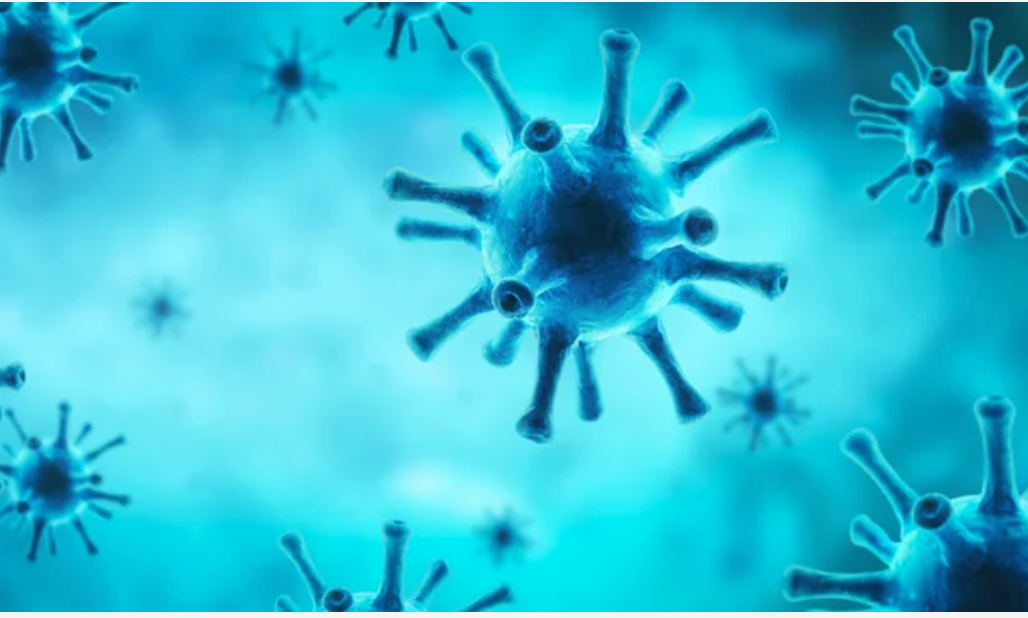
CHIP researchers studied how social factors propelled the severe acute respiratory syndrome coronavirus 2 (SARS-CoV-2) pandemic in an economically vulnerable society with high levels of income inequality in Santiago, Chile. They discovered infection fatality rates were higher in lower-income municipalities because of comorbidities and lack of access to health care. Disparities between municipalities in the quality of their health care delivery system became apparent in testing delays and capacity. These indicators explain a large part of the variation in COVID-19 underreporting and deaths.




